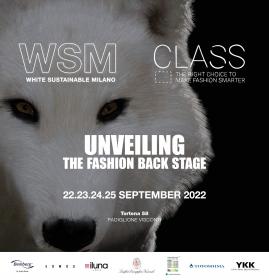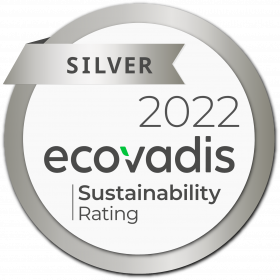Lenzing: Ambitions in textile recycling
- Lenzing becomes partner company of CISUTAC
- New project CISUTAC, co-funded by the EU, shall remove barriers to circularity in the textile industry
- Lenzing will make a contribution in cellulose recycling
The Lenzing Group, a leading provider of specialty fibers for the textile and nonwoven industries, is reinforcing its commitment to circularity by becoming a partner in the CISUTAC (Circular and Sustainable Textile and Clothing) project that is co-funded by the EU. The new consortium was established to support the transition to a circular and sustainable textile sector and, as well as Lenzing, the 27 consortium members include the industry association Euratex, textile company Inditex, PVH, Decathlon and non-governmental organization Oxfam. For its part, Lenzing is focusing on the development of recycling processes for cellulose.
CISUTAC aims to remove current bottlenecks in order to enhance textile circularity in Europe. Its goal is to minimize the sector’s total environmental impact by developing sustainable, novel and inclusive large-scale European value chains.
Lenzing AG






























